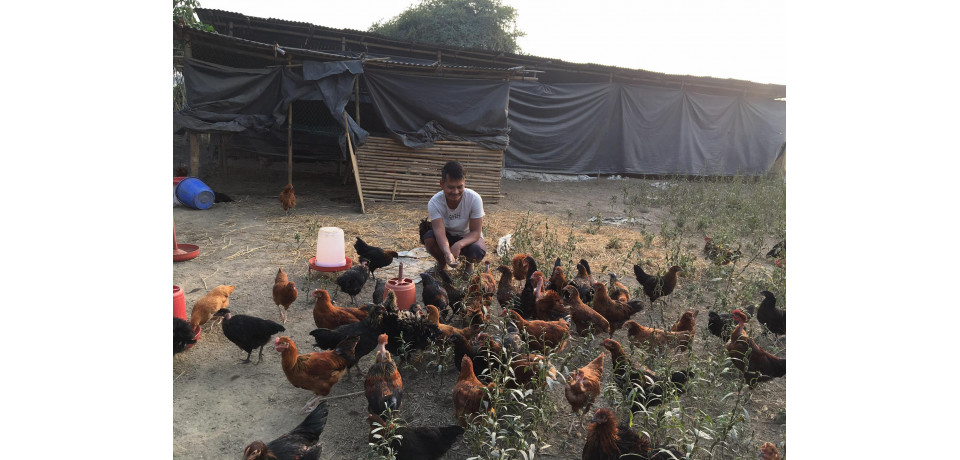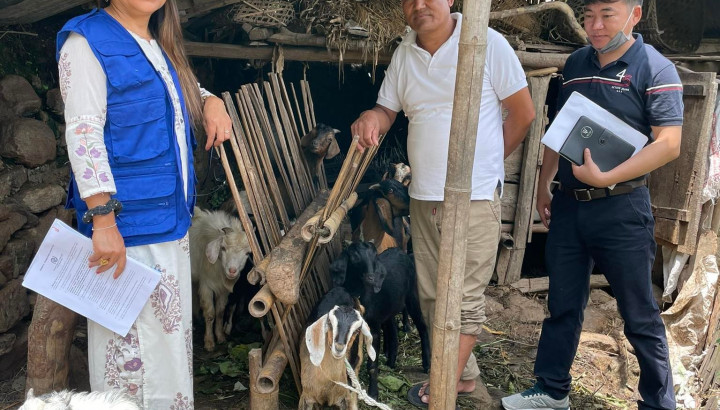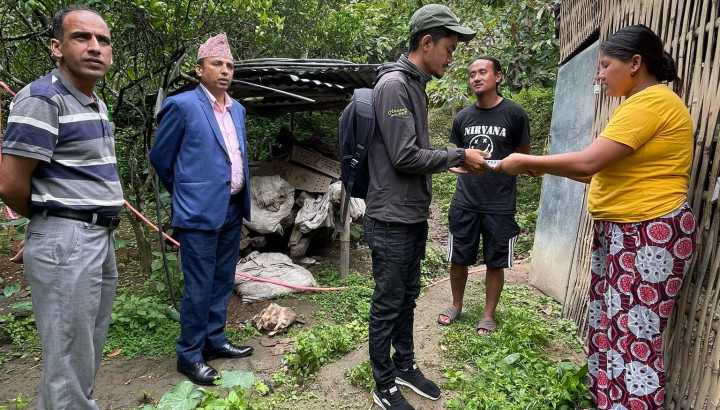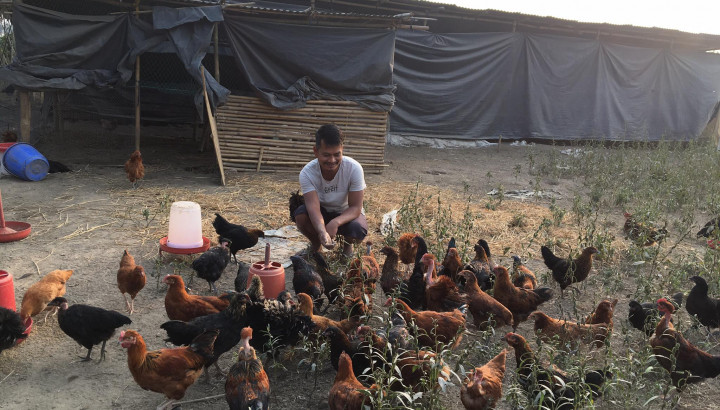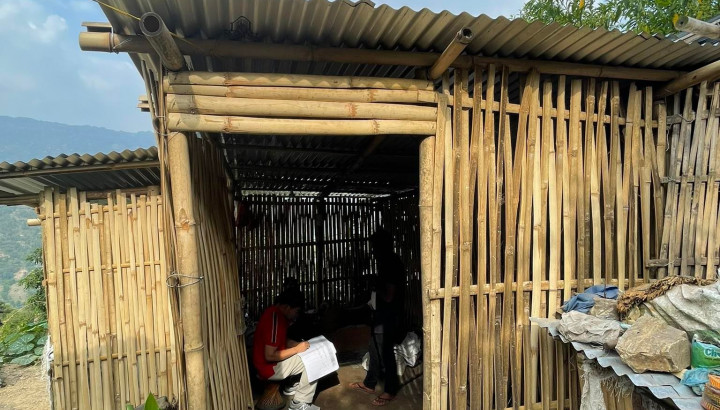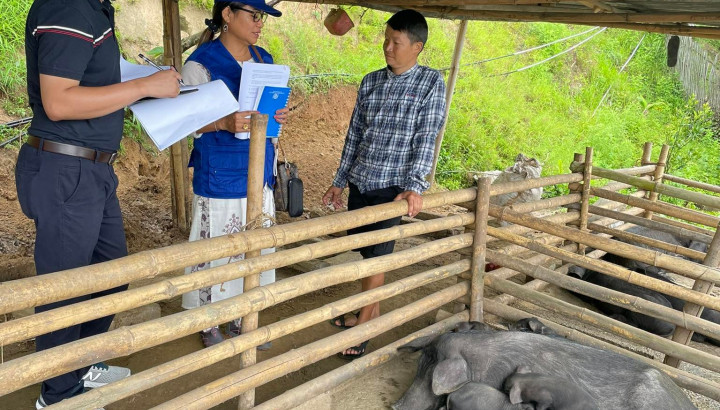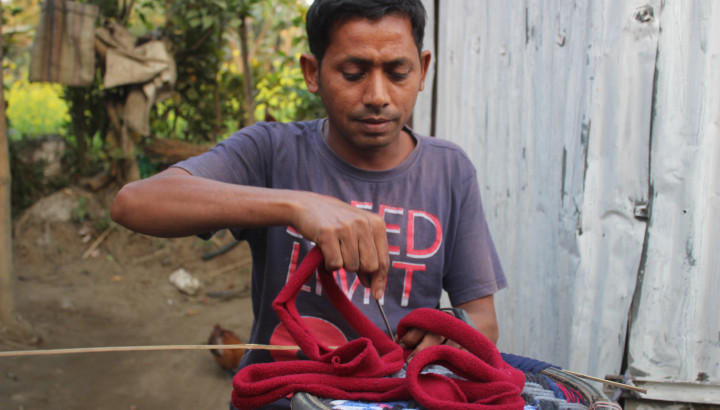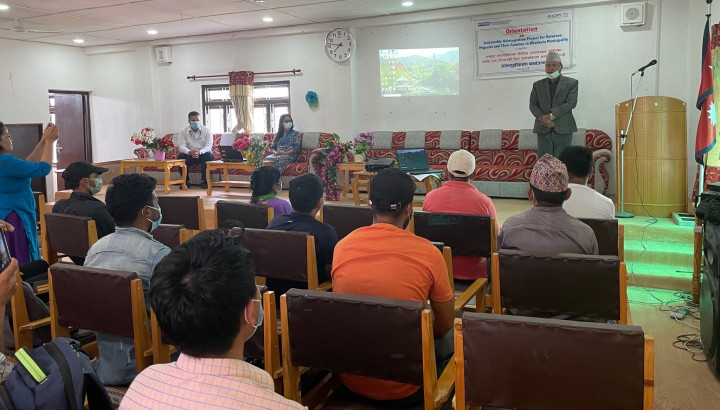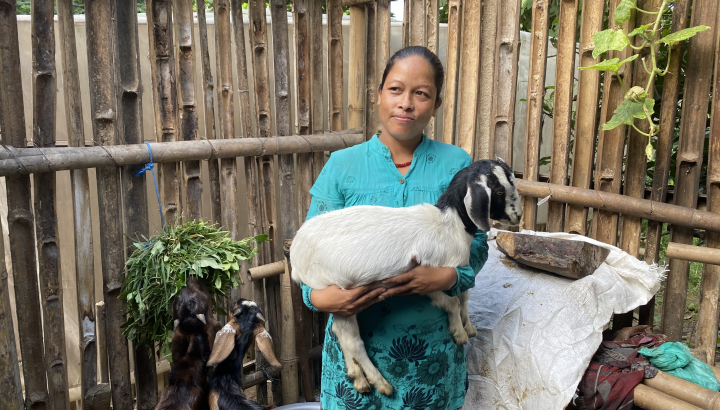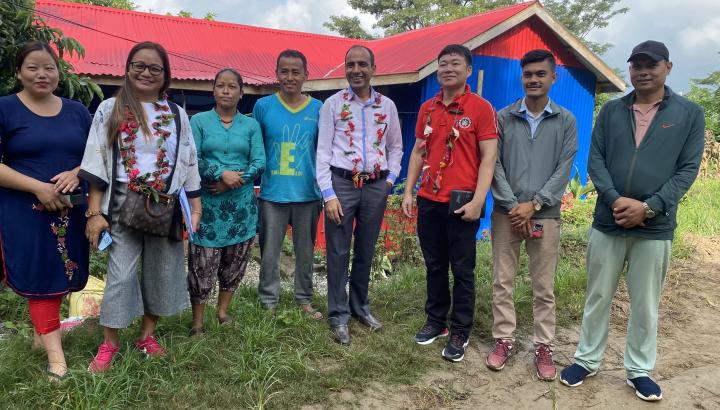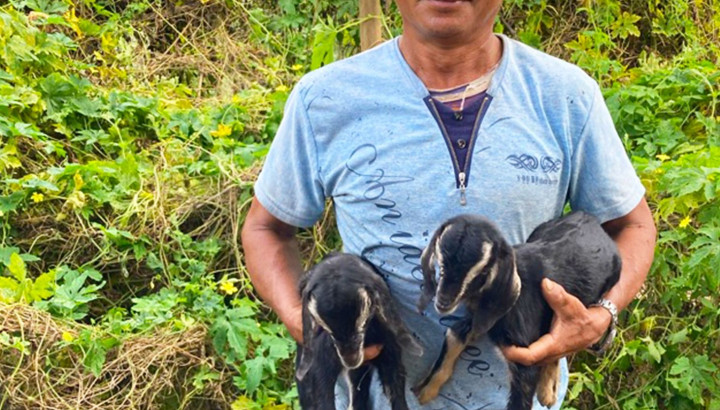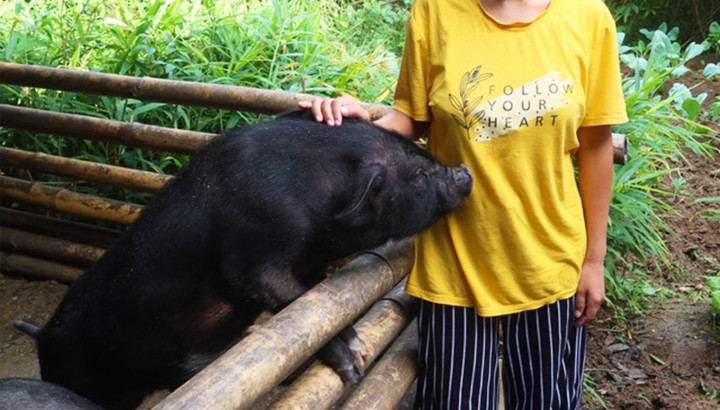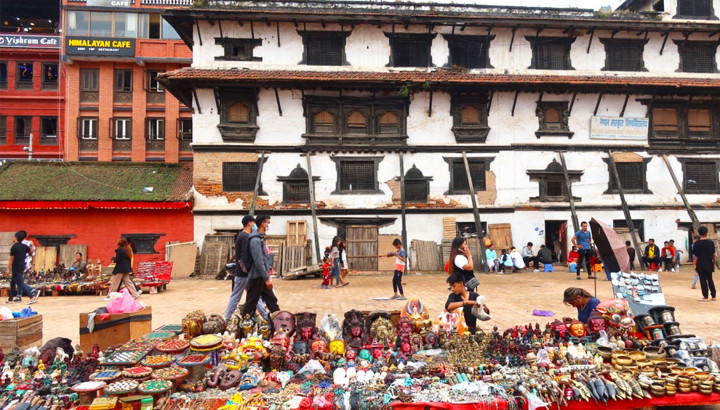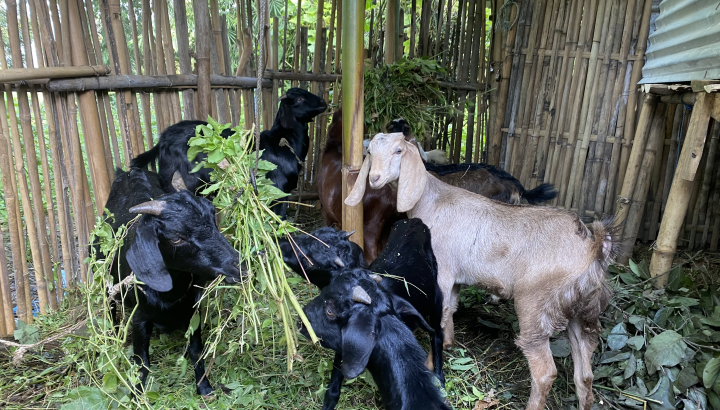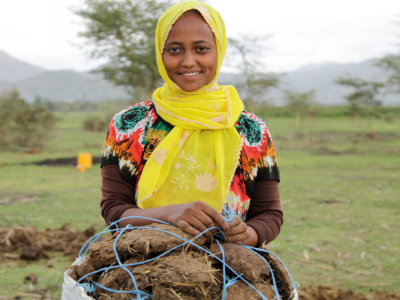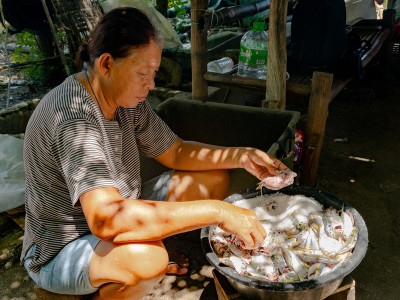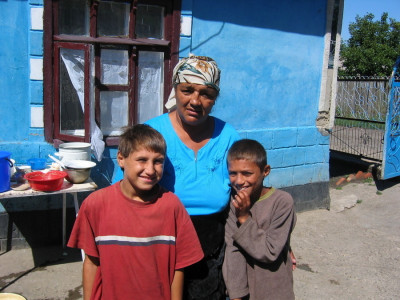Reintegration Assistance to Returnee Migrants (RAM) in Province One
Prajwal Sharma, IOM Nepal, psharma@iom.int
Tek Tamata, UNDP Nepal, tek.tamata@undp.org
Related Sustainable Development Goals and Global Compact for Migration Objectives
Summary
Nepal’s Province 1 accounted for 24.4 per cent of the total final labour permits issued to migrant workers in 2019, making it the highest emigration Province of migrant workers. As part of the IOM-UNDP Global Programme on Making Migration Work for Sustainable Development, this project focus on employment and self-employment creation at the local level, thus meeting the need for sustainable economic reintegration, life skills, livelihoods and self-employment support to migrants and their families. It builds on and up-scales the Rural Enterprise Remittances Programme (RERP/SAMRIDDHI) programme, which works to reduce poverty and achieve sustainable peace through employment-focused, equitable and inclusive economic development.
Key objective
The project aims to ensure that returnee migrants, non-migrant community members including migrants’ family members benefit from the implementation of concrete initiatives in terms of improved capacity and opportunity to cope with economic and livelihoods challenges.
Main activities
- Develop a guideline and criteria for the selection of project beneficiaries (210 total).
- Based on developed guidelines and criteria identify potential beneficiaries and create a database of the eligible returnee migrants and families to be supported by the project.
- Map ongoing training and financial schemes at the select local level to widen the set of services beneficiaries can be referred to.
- Support establishing new or expanding existing migrant groups and cooperatives at the local communities and whose members will benefit from the project.
- Provide support to 210 individuals in these groups and cooperatives in the form of seed funds, and non-cash support.
- Provide tailored additional and complementary services to the Rural Enterprise Remittance Programme.
- Engage with the private sector in the form of technical assistance to link the beneficiaries/ cooperatives with labour market opportunities.
- Conduct an impact evaluation of the support to the returnee migrants and families.
Key successes or innovative factors, good practices and lessons learned (if available)
The Programme has supported two research initiatives to build the evidence and knowledge base of public officials providing reintegration support and services to Nepalese returning migrants:
- Profiling Returnee Migrant Workers for Labour Market Integration: This report creates the skills profile of the returnee migrant workers to help understand how repatriated Nepali migrant workers can be reintegrated into employment, self-entrepreneurial, private sector and collaborative projects. The migrant workers’ profile will provide useful information on the prior learning (RPL) status and potential support needs of the returnee migrant workers to facilitate skills and labour gaps matching.
- Mapping of Reintegration Services in Nepal: This study maps the services that are available in all Nepalese municiaplities that directly or indirectly contribute to the sustainable reintegration of returnee migrant workers. The research has identified good practices, gaps, challenges and has recommended a way ahead that can be a departure point for addressing the gaps found for sustainable reintegration.
Read our case study: A Community-Led Approach to Reintegration in Nepal
Beneficiaries
At least 210 returnees and their families
